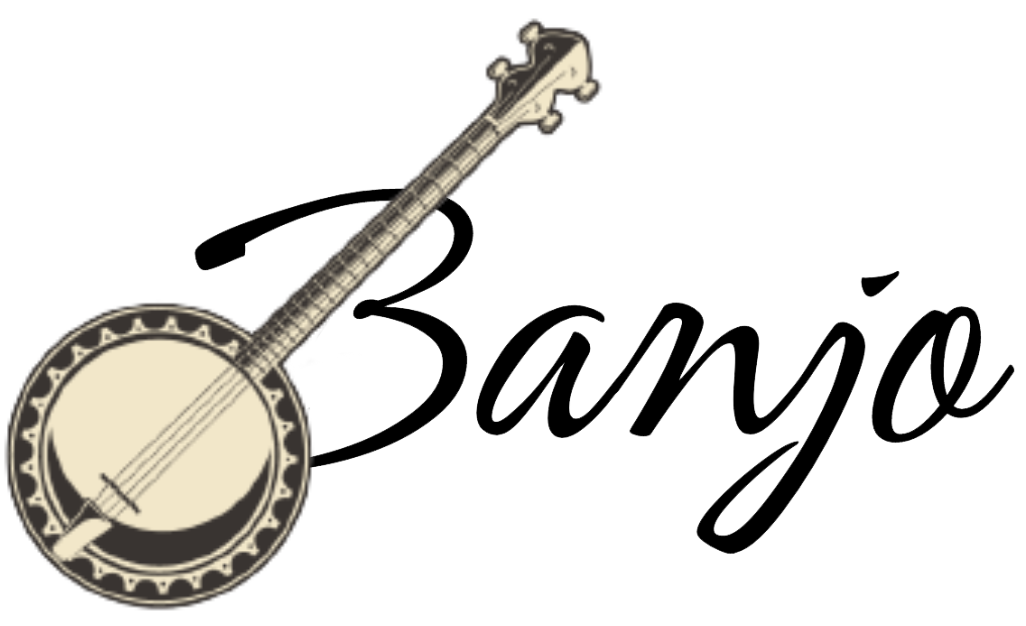A six string banjo can serve as an ideal cross over instrument for guitarists looking to take up banjo without the learning curve of five strings. Since these instruments are tuned similar to guitars, chords and scales from your existing repertoire can easily be played.
Deering, Gold Tone and Ozark 6 string banjos are among the many available models with openback and resonator models to meet any budget. We carry Deering banjos for starters; then Gold Tone banjos from Ozark come equipped with openback designs or come complete with resonators models as well.
The sound
If you are used to playing guitar, strumming open (root position) chords on a 6-string banjo can sound confusing due to higher strings resonating more than lower strings, creating excessive overtones that will ring far too long if played without tone rings or with them removed altogether. As such, many banjos come equipped with tone rings or have them removed to make the instrument easier for beginners.
Not to be outdone, 6 string banjos allow players to create distinctive sounds by using various head styles and materials for their heads. A clear head will give off a very bright sound while using one with frost can give a warm sound that suits many different musical genres.
Another factor is that 6-string banjos don’t handle low notes as well (hence why 5-stringers use drone strings and re-entrant tuning), but having one around might prove useful for acoustic blues players who need to double on banjo or jazz guitarists with arrangements calling for short stints of banjo.
Note that a 6-string banjo can also be played fingerpicked like a guitar; Kacey Musgraves popularized this technique on her music and it sounds fantastic. Just make sure that patterns that involve strumming multiple open strings at once don’t require strumming multiple open strings at the same time; 6-string banjos have much less sustain than guitars and will often sound weak compared to their guitar counterparts.
The look
Design enthusiasts will appreciate the aesthetic appeal of 6 string banjos. There is an array of colors and wood grains available; most of the best 6-string banjos made in America come with features designed to look like acoustic guitars while still providing players with that traditional banjo sound.
The best 6 string banjos can be played in multiple styles, such as bluegrass, country, jazz and beyond. Guitar players who wish to add something unique and different to their sound often turn to them; additionally 6 string banjos can even be used for playing dixieland or ragtime music!
However, when purchasing a 6 string banjo it is essential to carefully consider price and quality before making a decision. Higher priced models tend to offer superior sound than their cheaper counterparts. Also it would be prudent to test multiple instruments prior to making your final selection; this will help ensure it fits your unique playability needs and investment is worthwhile.
The weight
Wood 6 string banjos tend to be heavier than models made from other materials and frequently feature resonators that add several pounds more of weight, so when choosing one it is important to consider your playing style and venue when making your choice.
Tone can be affected by string tension on a banjo, so you should keep a close eye on their status. Loose strings will lead to out of tune sounds as well as damage for your instrument.
String tension also is key when it comes to intonating your banjo’s drone and melody strings in tune. One way of doing this is slanting the bridge so that the top melody string matches up perfectly with the drone string; then your instrument should sound great whether being played acoustically or through sound system.
Though purists might dismiss a 6-string banjo as unreliable and unnecessary, its popularity in contemporary music styles like bluegrass, jazz, ragtime and Dixieland has made it an integral component. Not only is its rich sound powerful and expressive; 6-string models also allow guitar chords for additional versatility not found with 5-string models.
The options
Selecting the ideal 6 string banjo can be an intricate decision. You must consider factors like price, sound quality and durability when making this important choice. One way to help make an informed decision is to compare prices from various brands before purchasing one – this way you will find one with ideal features at a fair price and meet all of your needs.
The 6-string banjo has seen a resurgence in many genres of music in recent years. Combining both its look and sound with that of guitar strings, this instrument makes for an exciting crossover strumbox for adventurous guitarists or banjo players looking for something different to try their hands at. No matter your experience level or budget there are options available that fit both.
Keep in mind when purchasing a banjo that it will require more fingerwork than a guitar, particularly with double-stops and other complex chords. Also decide between flat or radiused fingerboards; traditionally speaking a flat board may provide greater traditionalist-ness; conversely a radiused one will give more flexibility while making bar chords simpler to play. Furthermore, make sure it comes equipped with either metal or nylon strings along with its own pickup option.

